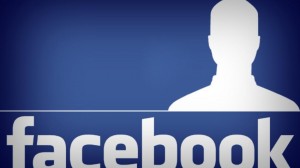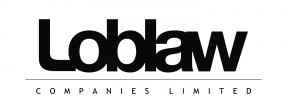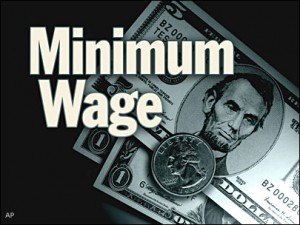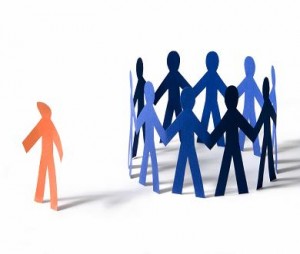Facebook, as one of the largest social media streams, has permitted to use users’ posts as a way of advertising. An example given in the article is: “… if someone posted “Just had a great seafood feast at Red Lobster” or even just hit the like button on the chain’s Facebook page, the restaurant company might pay to make sure that post, or sponsored story, showed up high in the Facebook feeds of that person’s friends.” This acts like word of mouth and the messages can be passed on from one person to another extremely easily.
For firms, this is a very good opportunity for them to advertise their brands and build up the brand reputations as massages about them can be exposed to millions or trillions Facebook users in such an easy way. And as the consumers are the ones who are promoting the brands, it would appear to be more reliable and the credibility of the words increases.
However, a concern that arises with this assertion is the privacy of the Facebook users. If their posts can be used to advertise without noticing, it can be considered to be unethical as it is taking away the users’ rights.
Work Cited:












